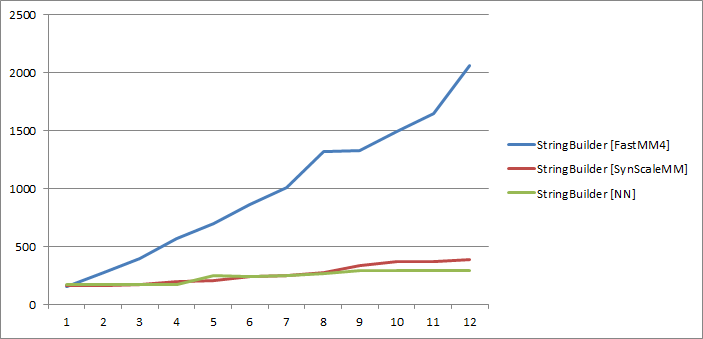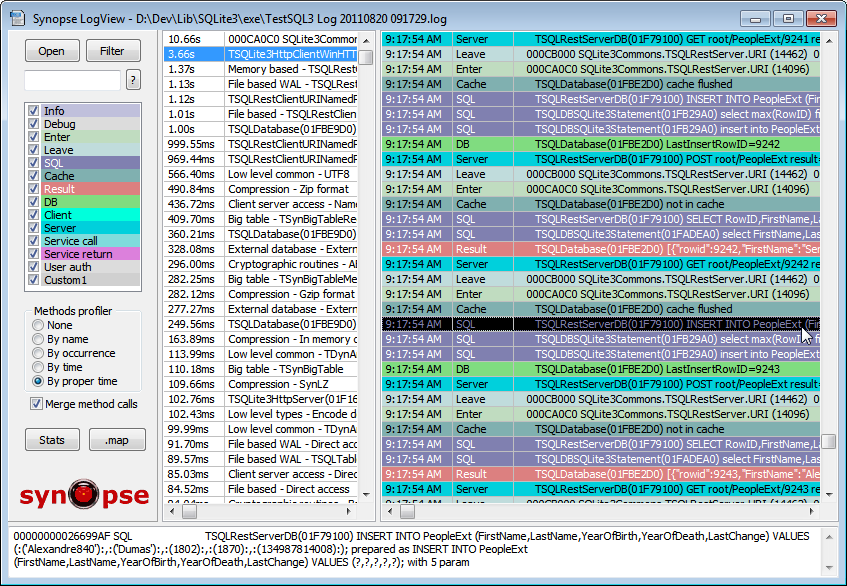As a gift to the FPC community, I just committed a new Memory Manager for FPC.
Check mormot.core.fpcx64mm.pas in our mORMot2 repository.
This is a stand-alone unit for FPC only.

It targets Windows and Linux multi-threaded Service applications - typically mORMot daemons.
It is written in almost pure x86_64 assembly, and some unique tricks in the Delphi/FPC Memory Manager world.
It is based on FastMM4 (not FastMM5), and we didn't follow the path of the FastMM4-AVX version - instead of AVX, we use plain good (non-temporal) SSE2 opcode, and we rely on the mremap API on Linux for very efficient reallocation. Using mremap is perhaps the biggest benefit of this memory manager - it leverages a killer feature of the Linux kernel for sure. By the way, we directly call the Kernel without the need of the libc.
We tuned our x86_64 assembly a lot, and made it cross-platform (Windows and POSIX). We profiled the multi-threading, especially by adding some additional small blocks for GetMem (which is a less expensive notion of "arenas" as used in FastMM5 and most C allocators), introducing an innovatice and very efficient round-robin of tiny blocks (<128 bytes), and proper spinning for FreeMem and medium blocks.
It runs all our regression tests with huge performance and stability - including multi-threaded tests with almost no slow down: sleep is reported as less than 1 ms during a 1 minute test. It has also been validated on some demanding multi-threaded tasks.




